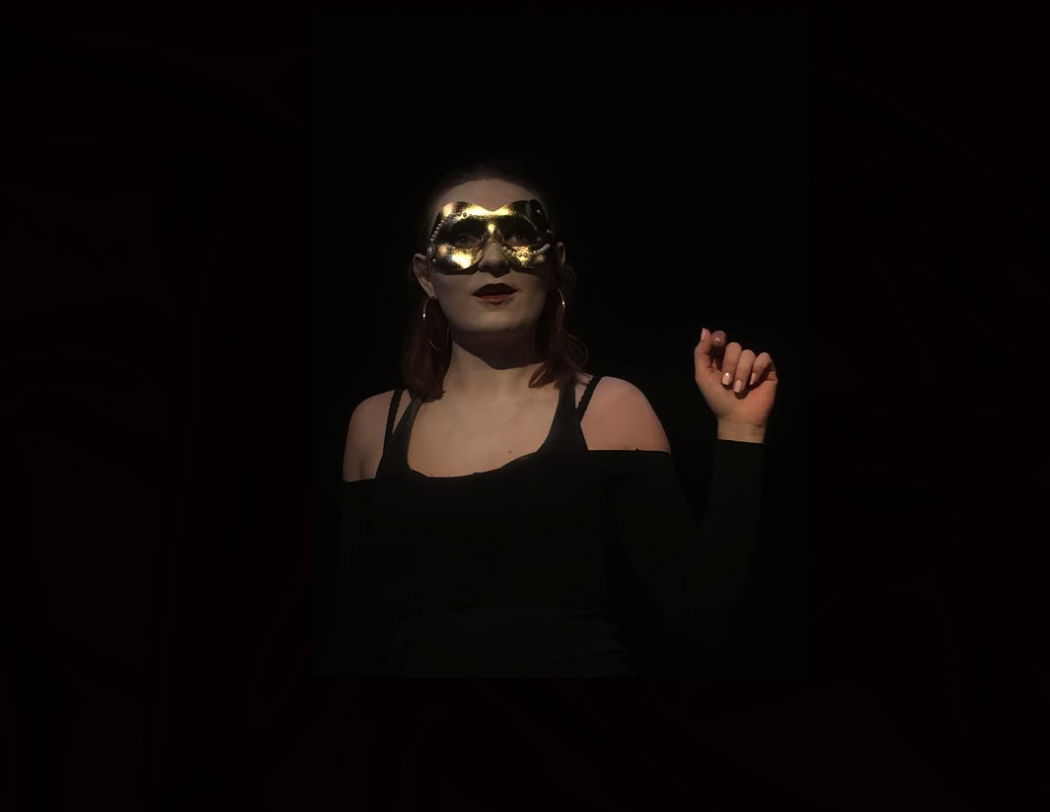Tuesday Night Café brings surrealism to the stage with their production of When Five Years Pass, a play by the great Spanish dramaturge Federico García Lorca. This production challenges the audience to put aside standard conceptions of time and its linear experience, encircling the question of what is to come by bending narrative and language into new dimensions.
Disjointed, thematic, and lingering: When Five Years Pass tells a tale about a young man trying to grasp what is ahead of him, while lost in what is behind him. When writing this play, Lorca drew heavily from the surrealism of his friend, Salvador Dali, and this influence is palpable in the dreamy language and the actors’ exaggerated theatricality. According to Director Anna Lytvynova, this performativity “allows for a very open and unrestricted way of exploring some of the themes in the show, such as death and temporality, because it’s so theatrical and surreal.”
The actors tap into this sentiment perfectly, bursting across the stage, always teetering the line between explosive passion and lingering melancholy. Ryan Mernin’s performance as the unnamed protagonist is emboldened by his lack of restraint, sweeping the audience into the wild emotional swings of his neurotic character. The flourished actions of Yevgen Kravchenko and Sarah Mitchell, slightly jerky and macabre, keep you uncomfortably aware of the strangeness imbued in this show. This ensemble pulls along the incomprehensible plot; the precise awareness of their physicality makes the play seems almost like a ballet at some points, and the rhythmic delivery of Lorca’s eerie dialogue is effective from beginning to end.
But the beautiful performance of the actors was restricted and, ultimately, hindered by the space they had to work within. The clunky set of a living room and bedroom scene seemed to get in the way of not only the actors – whose leaps across stage were blocked and restricted by the furniture – but also the audience’s engagement with Lorca’s lofty surrealism. The efforts of the performers, attempting to raise the audience up above static conceptions and into a world of the liminal, were cut off by the lifeless and mundane spatial experience of their stage, which didn’t match the illusory setting that the play aimed for. The performance simply felt constrained within Morrice Hall.
I will warn that this show is not for those looking for an easy, fun evening. This performance works at challenging the audience; it is difficult to follow where one scene ends and another begins, and this fragmentation easily succumbs to confusion. Surrealism is not meant to be easily understood, or definable at all, and When Five Years Pass does not try to present a straightforward narrative with a simple moral. Director Anna Lytvona explains: “Because this is not a plot driven play, the theatre, because it’s kind of this weird space that is not real, it allows for this exploration of different ways of telling stories, [and] of different ways of thinking about things.” Surrealism is something that you just have to experience, and When Five Years Pass is certainly a beautiful show to experience.
When Five Years Pass runs from February 22-25 in Morrice Hall.


